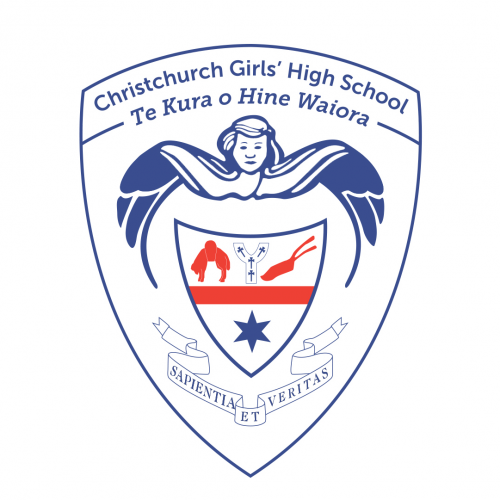
Performance Music - Year 10
The teacher in charge of this course is Mr Langdon
This course is open to all students. An involvement in Year 9 Music and being able to read music is helpful but not essential. Music is a great subject for anyone who enjoys playing an instrument, singing, listening to music, learning about music and performing. The course is very practically based with an emphasis on performance, group performance and computer composition and sound recording. Equipment enables students to record their compositions and produce their own recordings.
You do not have to be able to play an instrument, but may wish to learn one in class or from the Itinerant scheme.
TWO APPROACHES: CONTEMPORARY AND CLASSICAL:
Students can choose according to their background and interest.
Contemporary for those with a Pop/Rock/Jazz interest. This emphasises a listening and performing approach with less focus on reading, theory and writing.
Classical for those with a more formal background. Listening and performing are still two key aspects of the course but your theory and writing skills will be developed.
Students have the opportunity to:
- be independent learners
- work at their own level in individualised and highly practical programmes
- develop their performance abilities through playing and singing, both individually and in groups
- explore their creative potential through composition either as an individual or in a band
- use and explore music technology, particularly computers and keyboards and the beginnings of sound recording.
- prepare for and sit appropriate grades of the internationally recognised Associated Board of the Royal Schools’ Theory Examination if they wish
There will be an opportunity to visit and be recorded in a recording studio.
WHERE DOES THE SUBJECT LEAD?
All aspects of the course lead to Year 11 NCEA Level 1 Music and then onto Level 2, 3 and 4 (Scholarship).
MUSIC CAREERS:
Music is important for careers where you work with others - journalist, doctors, lawyers etc as it teachers life skills as well as music. Among others, Music students develop skills of creativity, critical analysis, self-discipline and awareness, independence, and the ability to work cooperatively in a group and relate to others.
There are a wide range of choices for students who take Music. Occupations include:
- Music teaching (instrumental, vocal and classroom)
- Music Therapy
- Performer (solo or group)
- Composer
- Music and Sound Engineering
- Promotion
- Music Managers
- Making Recordings
- TV and Radio
- Film
- Marketing
- Conductor
- Accompanist
- Music publisher
- Music and Computers
- Piano tuner
- Making instruments
It can also lead to involvement in local theatre and music groups and a whole range of performing experiences where you can meet and work with interesting people.
Course Costs: In Year 10, students visit a recording studio for which there will be a cost. There are also stationery costs associated with this course.
